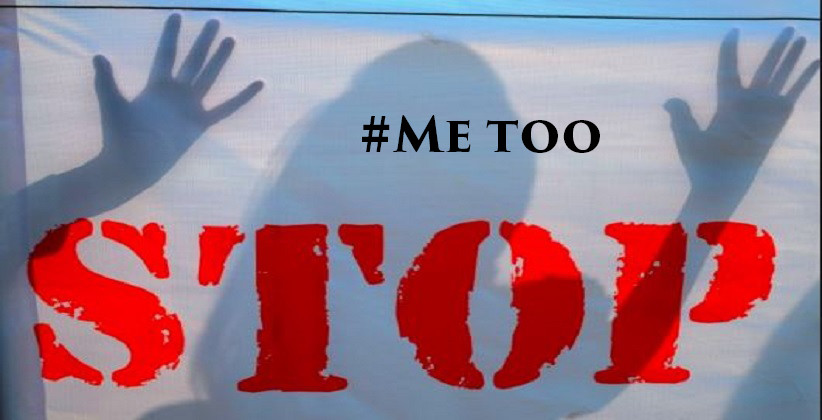A Public Interest Litigation (PIL) has been filed in the Supreme Court today i.e., December 24, 2018, challenging the recent order of the Union Ministry of Home Affairs (MHA) authorising ten security and intelligence agencies to intercept, monitor, and decrypt any information generated, transmitted, received or stored in any computer.
The order, issued on December 20, 2018, has been challenged by Advocate M.L. Sharma as being illegal, unconstitutional and contrary to public interest.
Seeking to quash the impugned order, Sharma in his petition claimed that the order was issued "to find political opponent, thinker and speaker to control entire country under dictatorship to win coming general election under an undisclosed emergency as well as slavery which cannot be permitted within the Constitution of India.
Sharma has also sought to prohibit the agencies from initiating any criminal proceedings or investigation under Sections 66 and 67 of the Information Technology Act, 2000, as per the terms of the order.
The petition apprehends a serious danger and injury to the freedom, life and liberty of the citizens of India and contends that the order must be tested on the touchstone of the Right to Privacy, which was recognized by the Supreme Court as a fundamental right.
The authorisation was bestowed on the ten Central agencies under Section 69 (1) of the Information Technology Act, 2000.
The agencies are the Intelligence Bureau, Narcotics Control Bureau, Enforcement Directorate, Central Board of Direct Taxes, Directorate of Revenue Intelligence, Central Bureau of Investigation; National Investigation Agency, Cabinet Secretariat (R&AW), Directorate of Signal Intelligence (For service areas of Jammu & Kashmir, North-East and Assam only) and Commissioner of Police, Delhi.
According to the order, the subscriber or service provider or any person in charge of the computer resource will be bound to extend all facilities and technical assistance to the agencies and failing to do will invite seven-year imprisonment and fine.







